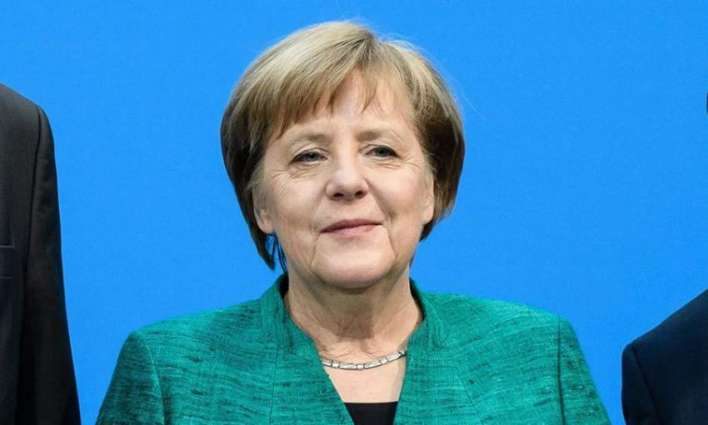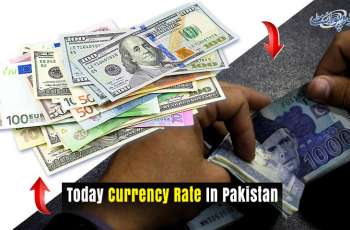German Chancellor Angela Merkel's visit to Greece demonstrates her admission of the existence of a dire economic situation in the country, Peter Boehringer, the Bundestag Budget Committee chairman from the Alternative for Germany (AfD) party, told Sputnik on Friday
MOSCOW (Pakistan Point News / Sputnik - 11th January, 2019) German Chancellor Angela Merkel's visit to Greece demonstrates her admission of the existence of a dire economic situation in the country, Peter Boehringer, the Bundestag Budget Committee chairman from the Alternative for Germany (AfD) party, told Sputnik on Friday.On Thursday and Friday, Merkel was in Athens on her first trip to Greece in almost five years. During the visit, the German chancellor held meetings with Greek Prime Minister Alexis Tsipras and President Prokopis Pavlopoulos. Merkel discussed Athens' implementation of austerity reforms and strict fiscal discipline for the economy's full recovery, among other issues.
"It is a sign that even Merkel now acknowledges how dangerous the Greek situation is. It has to be expected that she will promise to 'rescue' the country and especially the banks once again," Boehringer said, commenting on significance of Merkel's visit to Greece.
The lawmaker added that despite Merkel's "tough talk" about Greece in the media, Germany has been and still is very patient with Athens' financial problems, which have been ongoing for years.
"The EU, the ECB [the European Central Bank], the ESM [the European Stability Mechanism] and ultimately the German taxpayers have been rescuing Greece basically since 2010 almost without interruption. Greece was insolvent in April 2010 and has not recovered since. It could only uphold its disastrous economic policy with additional credit lines and payments from Brussels and Berlin," Boehringer added.
The lawmaker suggested that the Greek economy could not reach sustainability while it was still part of the eurozone.
"The Greek economy needs a Currency of its own again. A new Drachma which can devalue, thereby making Greece's economy competitive again ... Actually the only way forward for Greece is to leave the Euro-zone, which is so fatal for its economy and its citizens," Boehringer stressed.
Greece, which has been burdened with a massive debt and poor economic performance, exited its eight-year bailout program in late August. Since 2010, Greece was granted loans as part of financial assistance programs in exchange for the implementation of specific economic measures involving tough reforms and adjustment of macroeconomic indicators.




